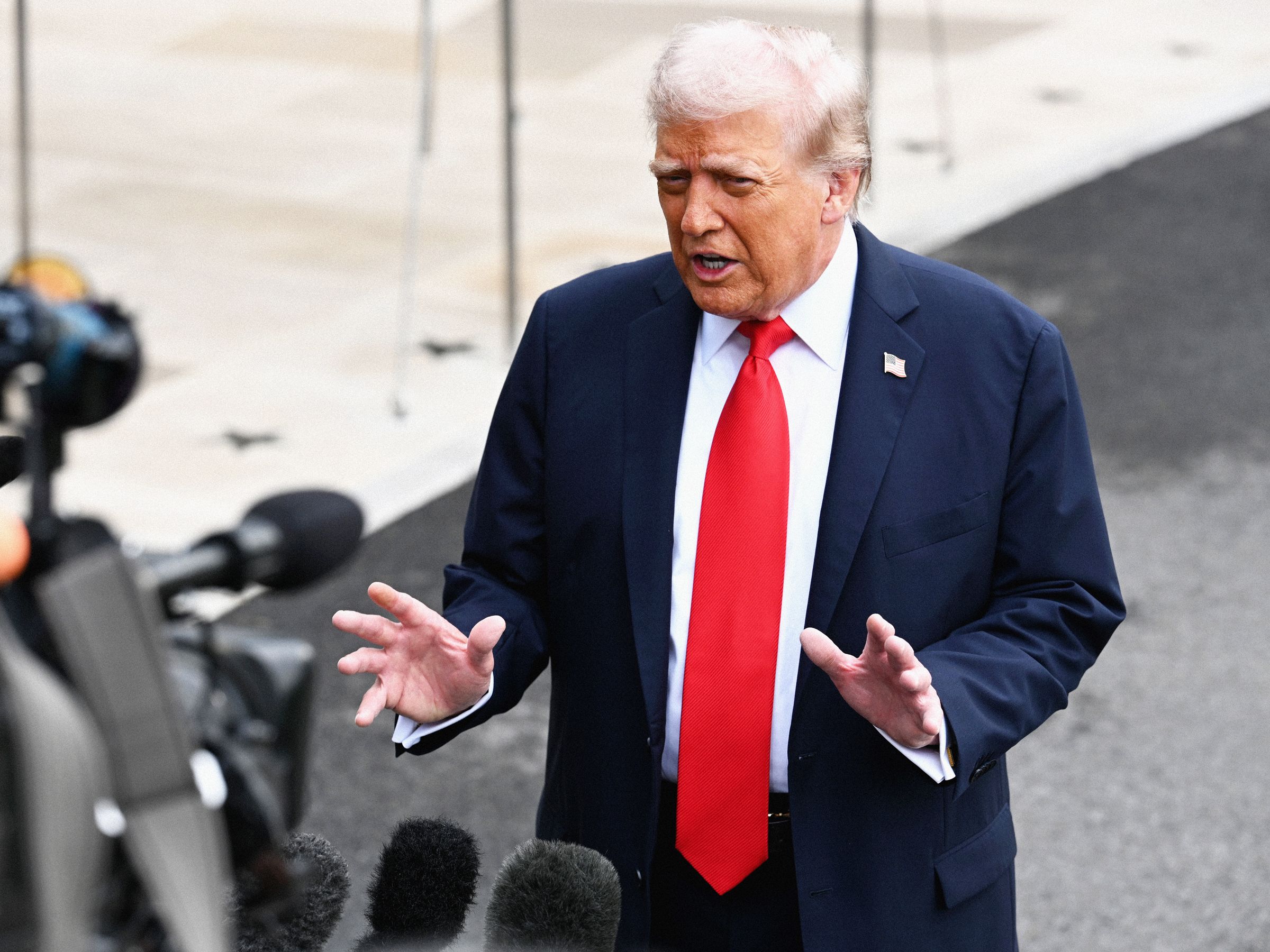WIRED Roundup: The Right Embraces Cancel Culture

WIRED Roundup: The Right Embraces Cancel Culture
In recent years, cancel culture has become a hot button topic in the political sphere, with many on the right claiming that they are being unfairly targeted for their beliefs. This has led to a surge in conservative media outlets and personalities embracing the idea of cancel culture, with some even using it as a rallying cry for their followers.
One of the key arguments made by those on the right is that cancel culture stifles free speech and creates a climate of fear where individuals are afraid to express their opinions for fear of being “canceled.” This has led to a rise in alternative media outlets that claim to provide a platform for voices that have been “silenced” by cancel culture.
However, critics of this approach argue that it is simply a distraction from the real issues at hand, such as systemic racism, sexism, and other forms of discrimination. They argue that cancel culture is a necessary tool for holding powerful individuals and institutions accountable for their actions.
As cancel culture continues to be a divisive issue in society, it is clear that both sides of the political spectrum have strong opinions on the matter. It remains to be seen how this debate will play out in the coming years, but one thing is for certain – cancel culture is here to stay.
Despite the controversy, it is important to have open and honest discussions about cancel culture and its impact on society. Only by engaging with these complex issues can we hope to find common ground and move forward as a united nation.
As we navigate this new era of cancel culture, it is essential to approach the topic with an open mind and a willingness to listen to all perspectives, even those that may differ from our own. Only through dialogue and understanding can we hope to find solutions to the challenges facing our society today.
Ultimately, the debate over cancel culture is a reflection of the larger political and cultural divide in our country. It is up to us as individuals to engage in these conversations with empathy and respect, in order to find common ground and work towards a more inclusive and just society for all.





